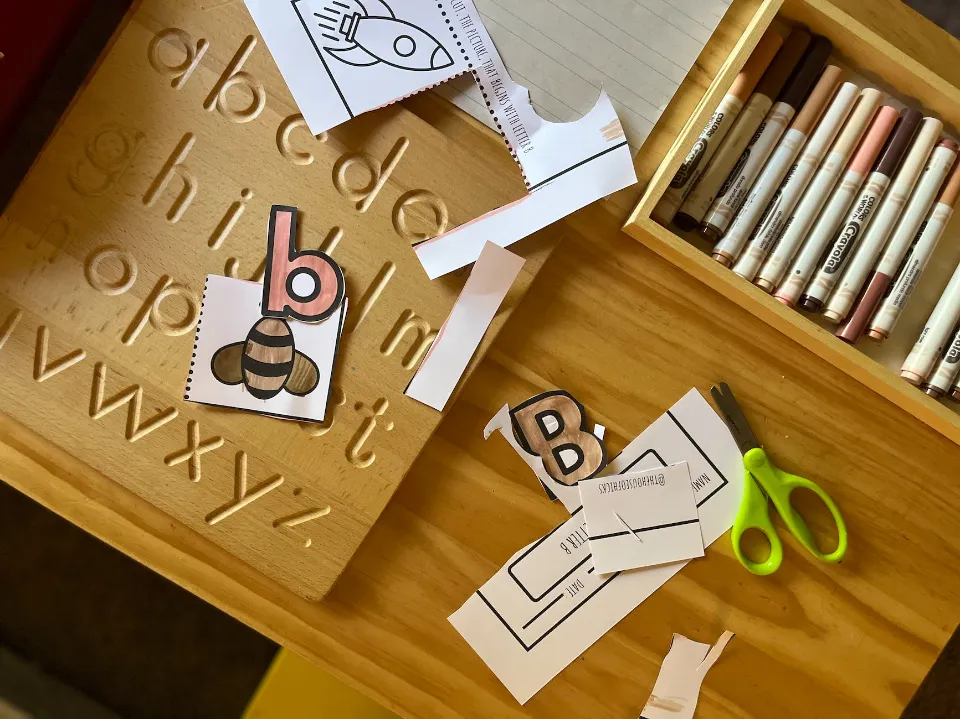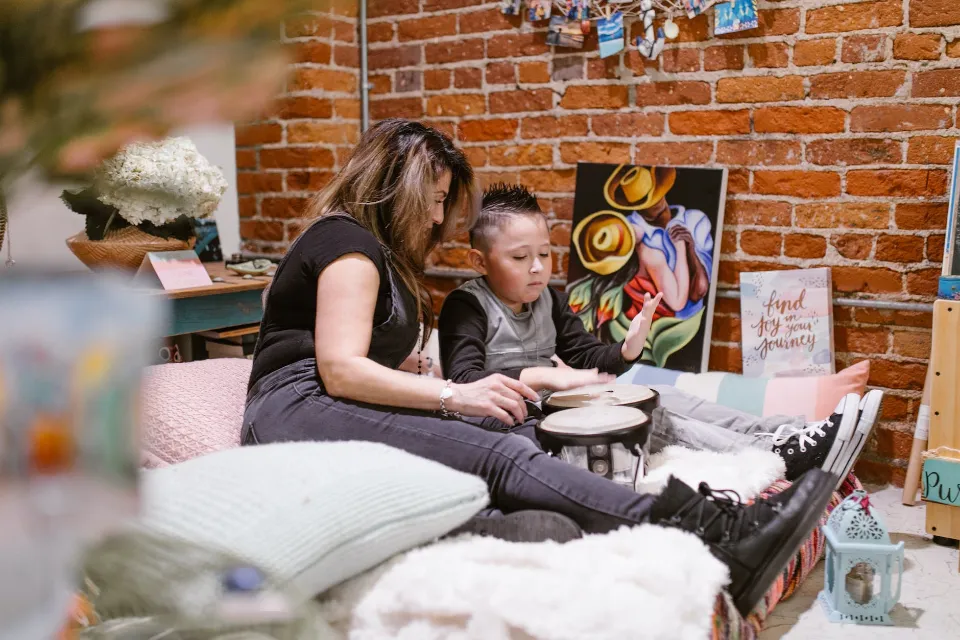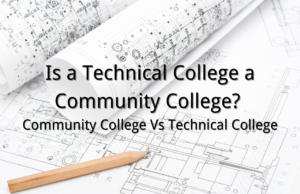
When is Homeschooling the Right Choice for You and Your Child?
Does homeschooling make sense for you and your kid? Before making a choice that could alter your life, you should think about the following.
Homeschooling allows you to fully control your child’s education. Compared to a traditional school, it provides much more flexibility, and you can tailor the learning environment to your child’s needs.
Consider these signs that homeschooling might be the best option for your child if you’re on the fence about making the switch.
Ability to Teach What You Want, When You Want
Choosing your child’s curriculum is probably the biggest advantage of homeschooling. You decide what, when, and how long your child studies. Nobody is more familiar with your child than you are.
And now, someone cares more about your child’s development than you do. You can study math for longer if you want to. You can incorporate American history into your child’s curriculum if you think it is particularly significant.
Children can also devote more time to studying subjects that interest them, like science or art. Homeschooled students have total freedom to finish their coursework at their own pace in most states.
Homeschooled students typically learn just as quickly as students in public school systems, if not sometimes even more quickly, despite having a slightly less rigid and more relaxed structure than the public school environment. (Some states are now required by new legislation to require that a specific curriculum be taught in a homeschool setting.)

Freedom to Choose
While homeschooling can be challenging in many ways, it can also be very liberating in others. The daily, weekly, and monthly schedule mandated by the public school system no longer applies to families who homeschool their children.
Families may decide to establish a homeschooling schedule that corresponds to the local school system so that their children are off when other children are off, but their lives will no longer be governed by the school’s calendar and school hours. Families discover they have a lot more freedom to travel and live their lives on their own timetables.
Increased Emotional and Physical Safety
The majority of public schools today still experience bullying. Although not all children are bullied, quite a few do, and the effects can be life-altering. Good education and learning become nearly impossible for some children as a result, which is not only emotionally damaging.
Tragically, gangs and drug use also appear in the public school system. With homeschooling, none of these potentially negative influences exist. Peer pressure, rivalry, and issues with low self-esteem are some other harmful influences that homeschooling avoids.
Most girls find it difficult to keep their self-esteem high during their time in high school. According to studies, girls who are homeschooled have high self-esteem that holds throughout their senior year of high school.
Homeschooled children also don’t have to worry about the whole issue of “fitting in” that plagues just about every child in the public school system.
Motivations

People have a variety of reasons for homeschooling (e.g., children’s health, quality of education, flexible scheduling, religion, family cohesiveness, special needs, etc.).
You should clearly define your homeschooling goals and assess whether they are justifiable justifications before you start teaching your kids at home.
For instance, if you are worried about the quality of education, you can easily solve the issue by moving to a town with good schools, paying for private education, or changing schools.
Children’s Learning Styles and Needs
In a traditional classroom, many students fall behind because one or two teachers are tasked with instructing 25 or more students. Homeschooling may be the best option for your child if they thrive in a more intimate environment and require more individualized care.
Other distractions that can divert attention from learning are also present in the classroom. Due to their competitive nature or enjoyment of teamwork, some kids may excel in a classroom setting.
Children with special needs may need to attend school so that they can receive specialized instruction from qualified teachers that you might not be able to provide.
The lack of challenge in the classroom for gifted students may necessitate homeschooling, which would prevent them from acting out, becoming frustrated, or pretending that they are less conscientious.
Cost
The cost of homeschooling with a curriculum is involved. While a public school can save you money that you would otherwise spend on curriculum, books, and supplies, homeschooling will require you to spend hundreds or even thousands of dollars annually.
Related: Do You Get Paid to Homeschool?
Although there is no tuition for public online schools, you might need to pay for lab supplies and other items that a physical school would normally provide.

Socialization
A socially anxious child may find going to a regular school to be a daily nightmare. It may be time to think about homeschooling if your child has tried special accommodations in a traditional school but still experiences anxiety that interferes with learning.
For a child who experiences severe social anxiety, homeschooling may be the best educational option. Your child can learn unhindered by excruciating social anxiety in a secure home environment.
Related: How to Make Friends as a Homeschooler?
Length of Homeschooling
Consider your desired homeschooling duration. Do you want to continue for the remainder of their education, for nine weeks, a year, or both?
The duration of homeschooling can affect the costs, socialization, and development factors.
Better Relationships
Some opponents of the homeschooling claim that homeschooled children are more withdrawn and introverted than children who attend public schools. There is no way that this is true.
Children who are homeschooled are not only as intelligent as students who attend public schools, but they are also more emotionally stable, behave less destructively, and are quite socially adept. As was already mentioned, homeschooled children succeed as adults in both their interpersonal and professional relationships.
Increased Stability
Case studies show that homeschooled kids are better able to handle difficulties like illness, bereavement, or major life changes like moving.

Moving to a new city or state is significantly less traumatic for homeschooled children than it is for children enrolled in the public school system, for a variety of reasons.
Limited Extra-curricular Activities
Extracurricular activities must be developed if parents are homeschooling their children. Many would-be homeschoolers are unaware of how time-consuming this process can be until they are actually homeschooling their children for the first time and realize how much work is involved.
When kids reach adolescence and develop a passion for sports, it gets even harder. While younger children frequently have access to community sports, homeschooled teens frequently face a lack of opportunities to participate in team sports.
Many public schools do not allow homeschooled students to participate in their athletic programs, though some do.
Your Child’s Other School Choices Are Not Ideal
You want the best for your child as a parent. You might not believe, though, that your child will receive the best education at the public or private schools in the area.
Homeschooling might be the best option if you disagree with the administrative policies of the neighborhood school, are worried about bullying or violence in schools, or simply want to give your child the chance to learn using a curriculum that more closely adheres to your morals or religious beliefs.
Conclusion: Whether to Homeschool?
Numerous families have been compelled by the pandemic to take unusual actions. Due to the economic downturn, many business owners have resorted to allowing their employees to work from home, while other companies have chosen to reduce their workforce. However, some companies were compelled to permanently close their doors.
You and your family should decide whether or not homeschooling is the best option for you. It is acceptable to seek advice from others about what others are doing because you are the expert on your children. However, in the end, you must decide what is best for your family.
FAQs
What is the Best Age to Homeschool?
Everybody’s experience with homeschooling is unique. Some start homeschooling in kindergarten, while others make the transition from the public (or private) school into homeschooling when they’re much older – say, in middle school or high school.
Should Parents Educate Their Children at Home?
Whatever is best for their children can be decided by parents legally. If a parent feels that it is in the best interest of the child to learn from home, then they should be allowed to do so. No law is violated by this decision.
Why Should a Parent Stay Home?
Stay-at-home parents may have more time to support their children’s academic development than parents who work outside the home, who may not be able to dedicate as much extra time to helping their children with homework or advocating for their needs with teachers.


